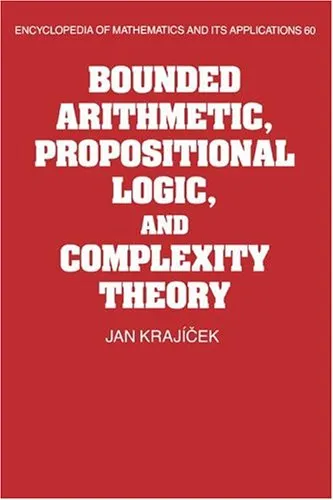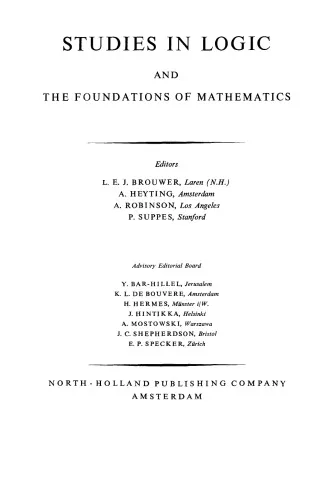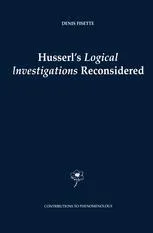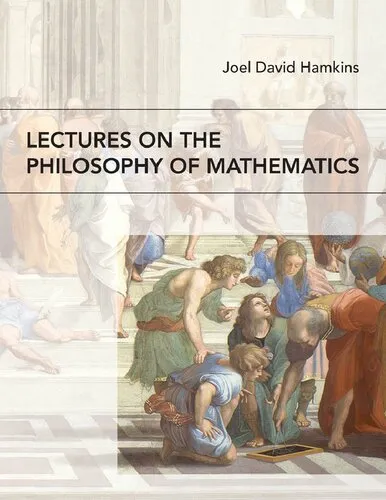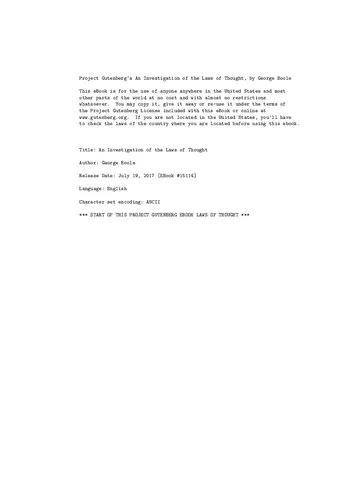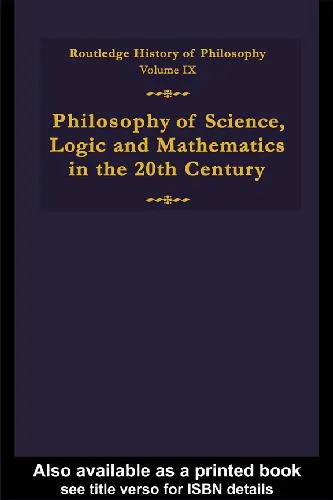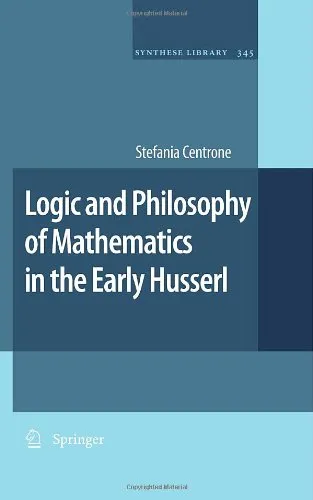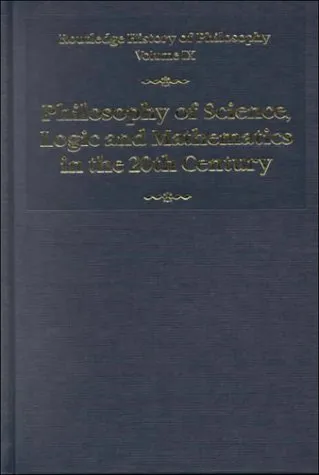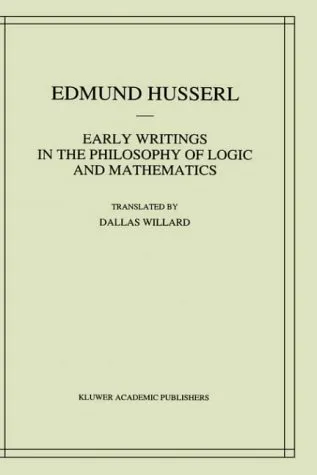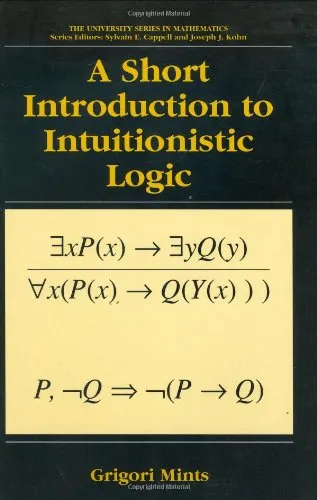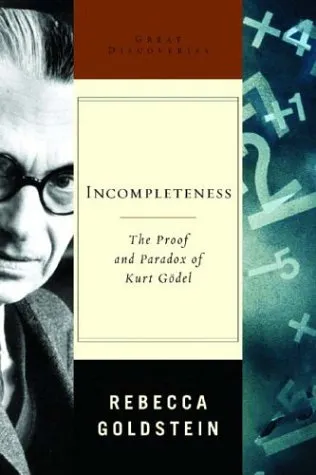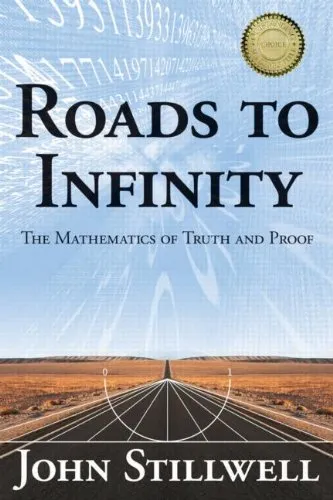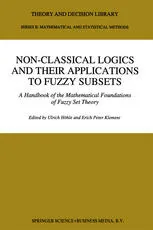Bounded Arithmetic, Propositional Logic and Complexity Theory (Encyclopedia of Mathematics and its Applications)
4.3
Reviews from our users

You Can Ask your questions from this book's AI after Login
Each download or ask from book AI costs 2 points. To earn more free points, please visit the Points Guide Page and complete some valuable actions.Related Refrences:
Introduction
Welcome to an extensive exploration of the intersections between bounded arithmetic, propositional logic, and complexity theory. This book is part of the Encyclopedia of Mathematics and its Applications series, aiming to advance understanding in these pivotal areas of mathematical logic and computational complexity.
Detailed Summary of the Book
The book delves deep into the study of bounded arithmetic, a fascinating branch of mathematical logic that deals with theories of arithmetic characterized by limits on quantifiers. These restrictions allow for the development of a rich yet manageable framework for understanding the computational complexity of arithmetic calculations. Through a comprehensive treatise, the book intricately ties these concepts to propositional logic and complexity theory.
In propositional logic, the text explores the relationships between logical proof systems and computational efficiency. It examines cutting-edge techniques in deriving minimal proof lengths and connecting these insights to broader complexity-theoretic concerns. By analyzing specific logical systems, the book highlights how these systems can model various aspects of polynomial time computations.
Complementing this, the book addresses critical questions in complexity theory, such as the nature of NP-completeness and the formidable P vs. NP problem. Readers will discover how bounded arithmetic offers novel insights into these topics, providing theoretical tools that can potentially reshape ongoing debates and research directions in computational complexity.
The author, Jan Krajíček, adopts a methodical approach to explicate complex mathematical phenomena, ensuring that each concept builds progressively towards a robust framework for understanding these interconnected domains.
Key Takeaways
- Understanding the fundamental principles of bounded arithmetic and its role in mathematical logic.
- The connection between logical proof systems and computational complexity, particularly in terms of proof lengths and efficiency.
- Insights into the P vs. NP problem and other crucial questions in complexity theory through the lens of bounded arithmetic.
- Comprehending the theoretical implications of propositional logic as they relate to computational processes.
- Exploration of various proof systems and their significance in modeling polynomial time computations.
Famous Quotes from the Book
"The elegance of bounded arithmetic lies in its capacity to mirror the complexities of computation within a logically constrained framework."
"In the vast landscape of propositional logic, one finds the keys to unlocking myriad computational secrets."
"Complexity theory, with its intricate puzzles, invites us to explore the very limits of what can be computed."
Why This Book Matters
This book is pivotal for both students and researchers in mathematics, computer science, and logic due to its comprehensive analysis and clear exposition of complex topics. It enriches the reader's understanding of how discrete mathematics interfaces with theoretical computer science.
Furthermore, the work's examination of bounded arithmetic provides an invaluable perspective for those interested in the logical foundations of complexity theory. By offering new insights and methodologies, the book contributes significantly to ongoing discussions in logical theory and its computational applications.
The exploration of these subjects is not merely academic; the insights gained here have practical implications in algorithm design, cryptography, and beyond. As computational problems grow in importance and complexity, this book serves as a vital resource for those looking to deepen their grasp of the logical structures underpinning modern computation.
Free Direct Download
You Can Download this book after Login
Accessing books through legal platforms and public libraries not only supports the rights of authors and publishers but also contributes to the sustainability of reading culture. Before downloading, please take a moment to consider these options.
Find this book on other platforms:
WorldCat helps you find books in libraries worldwide.
See ratings, reviews, and discussions on Goodreads.
Find and buy rare or used books on AbeBooks.
1416
بازدید4.3
امتیاز0
نظر98%
رضایتReviews:
4.3
Based on 0 users review
Questions & Answers
Ask questions about this book or help others by answering
No questions yet. Be the first to ask!
